Before and throughout the 2020 campaign, former President Donald Trump and his allies portrayed him as the "law and order" candidate, despite multitudes of evidence documenting his disregard to both the law and order.
On January 6, after Trump and other right-wing personalities lied for months about the validity of the 2020 election, a mob of pro-Trump extremists stormed the United States Capitol, upending the joint congressional session nationally certifying now-President Joe Biden's victory.
The rioters shattered windows, ransacked offices, threatened lawmakers, and spread excrement across the walls, but most notably, they beat and pepper sprayed Capitol and Metro D.C. Police Officers—a far cry from the typical Republican chant to "back the blue."
In the days following, two Capitol Police Officers committed suicide and one officer—Brian Sicknick—died of a stroke. Other officers guarding the Capitol that day said they'd been inundated with racial slurs, while others are still unpacking the trauma of being at the frontlines for an attack on the Capitol by its own citizens.
It was hours until the former President finally appeared on television to tell supporters to go home, emphasizing his love and appreciation for them while doing so.
In an interview at the Conservative Political Action Conference (CPAC), where Trump was a keynote speaker this past weekend, the former President reverted to a talking point about rising crime rates in cities controlled by Democrats.
For a solution, he said:
"You have to give the police back their authority,. You know, the police can stop this."
People wondered where that stance was with Trump's apathetic response to the Capitol Riots he helped incite.
People were also confused as to when exactly the police's authority was taken away in the first place.
Republicans continue to amplify conspiracy theories regarding the Capitol Riots, all the while dismissing the severity of the threat that day.

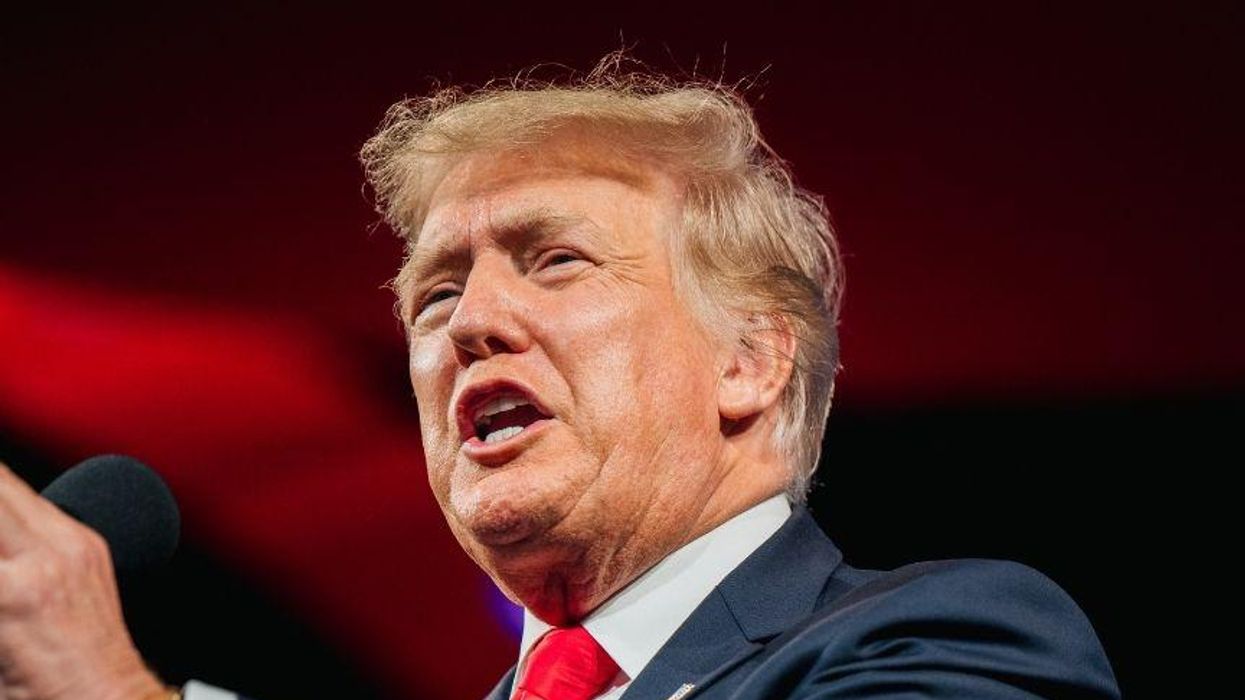


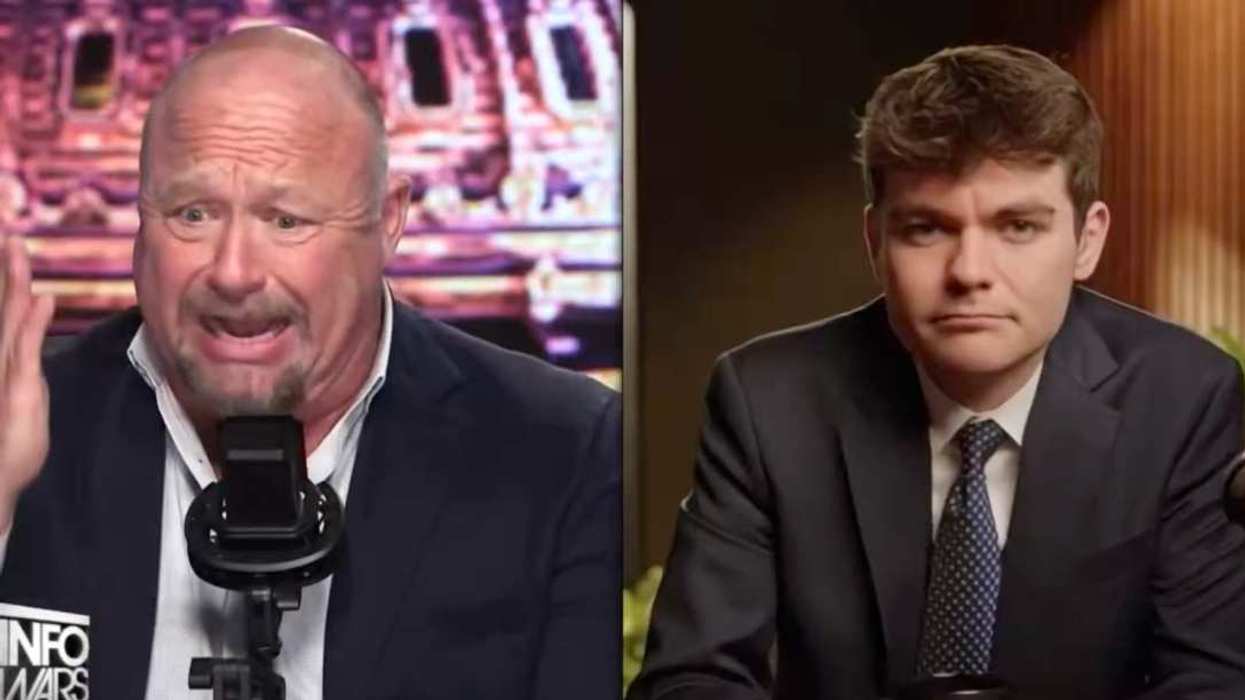
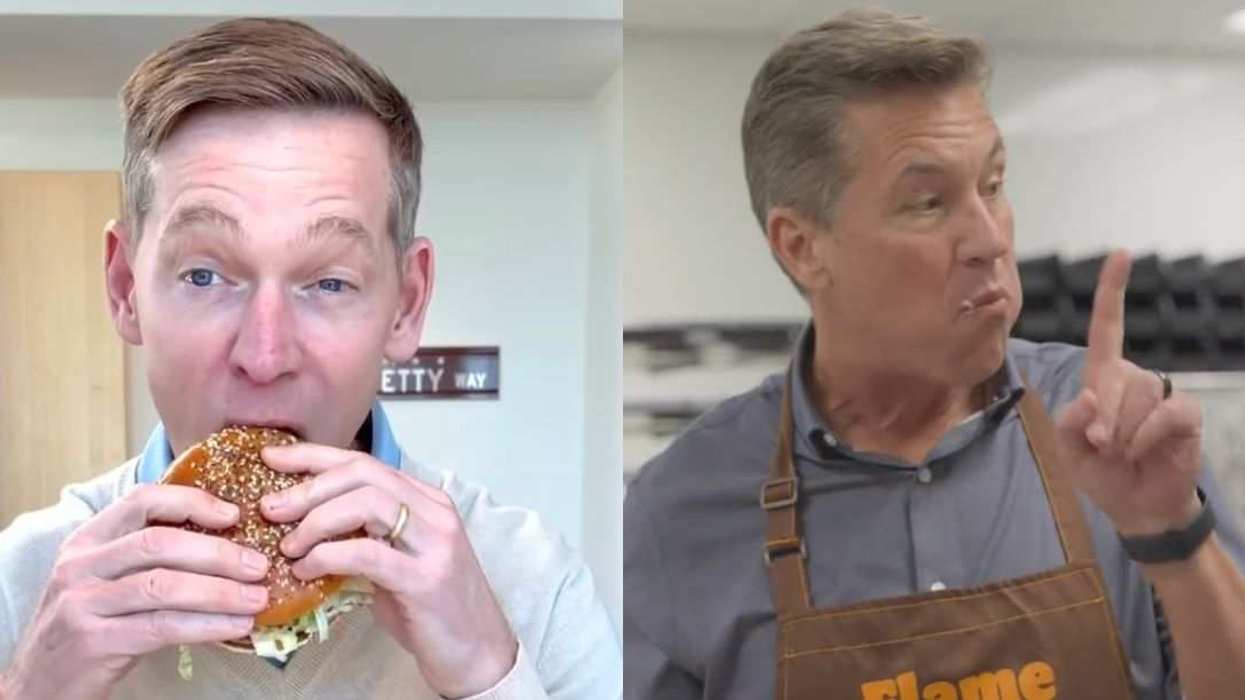
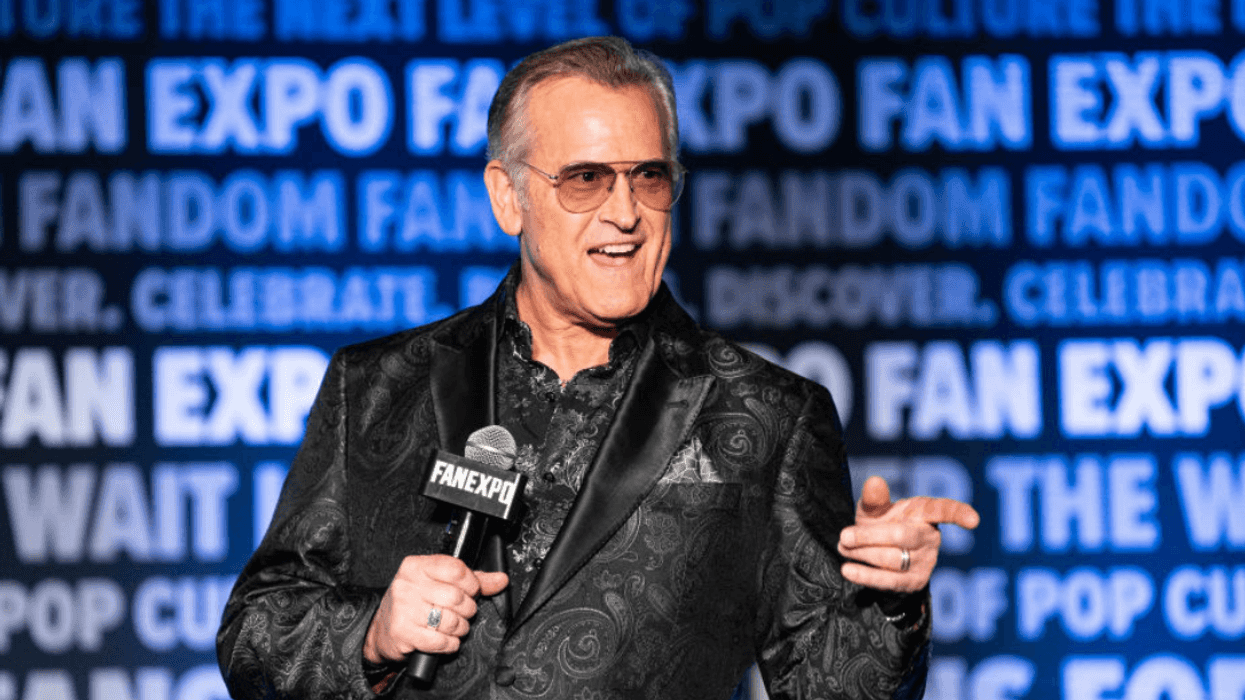
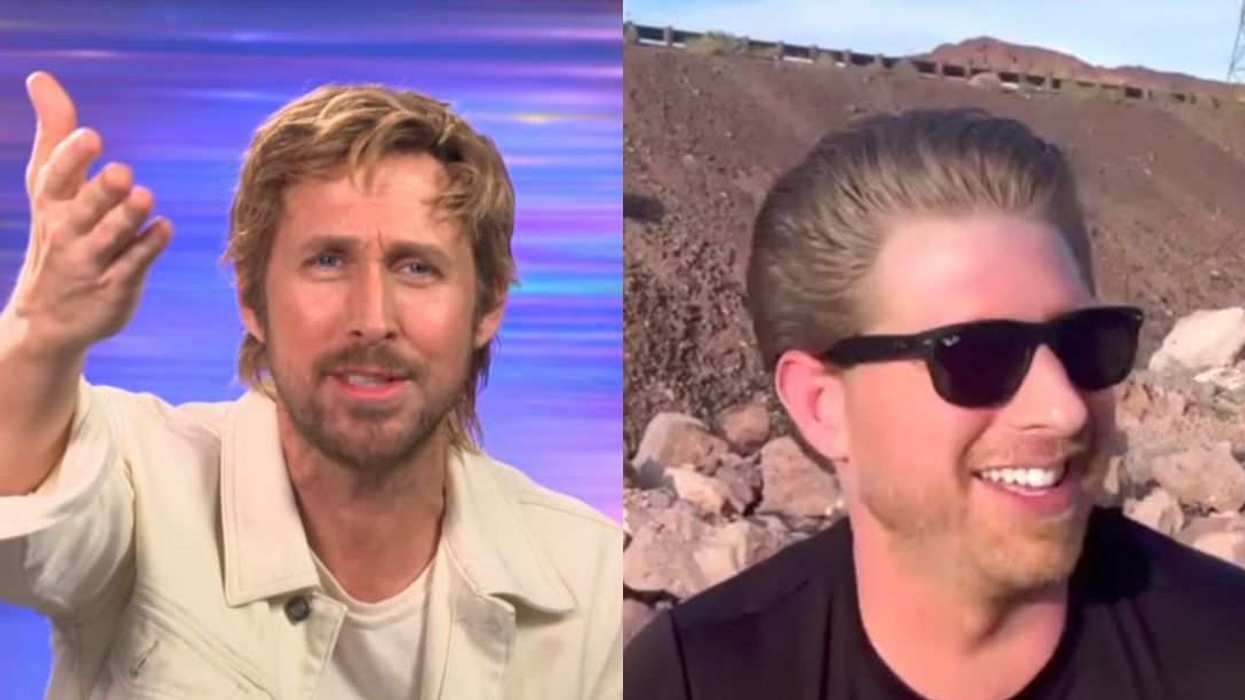

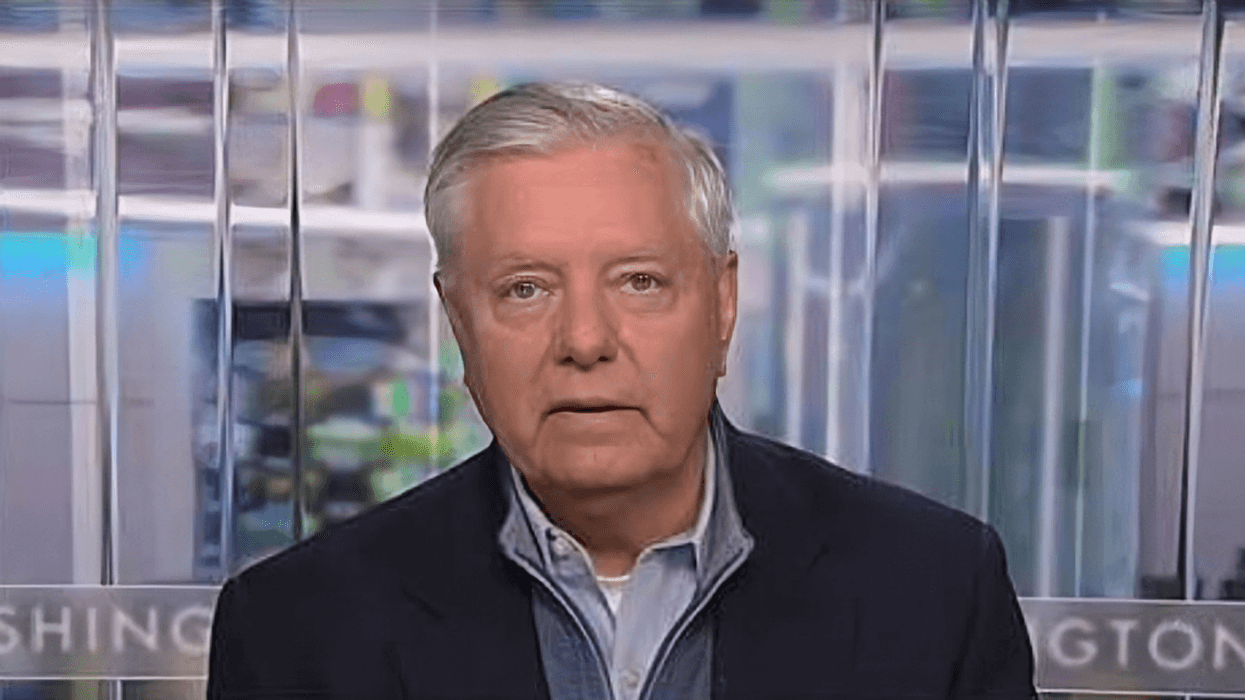



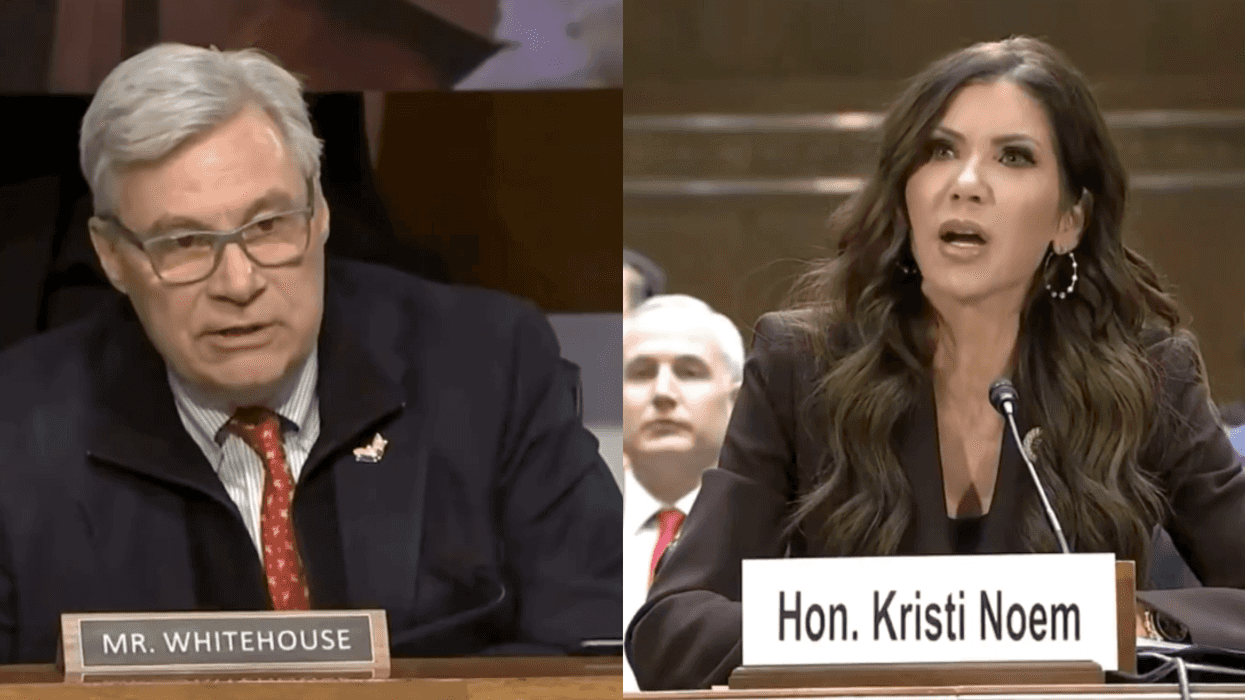
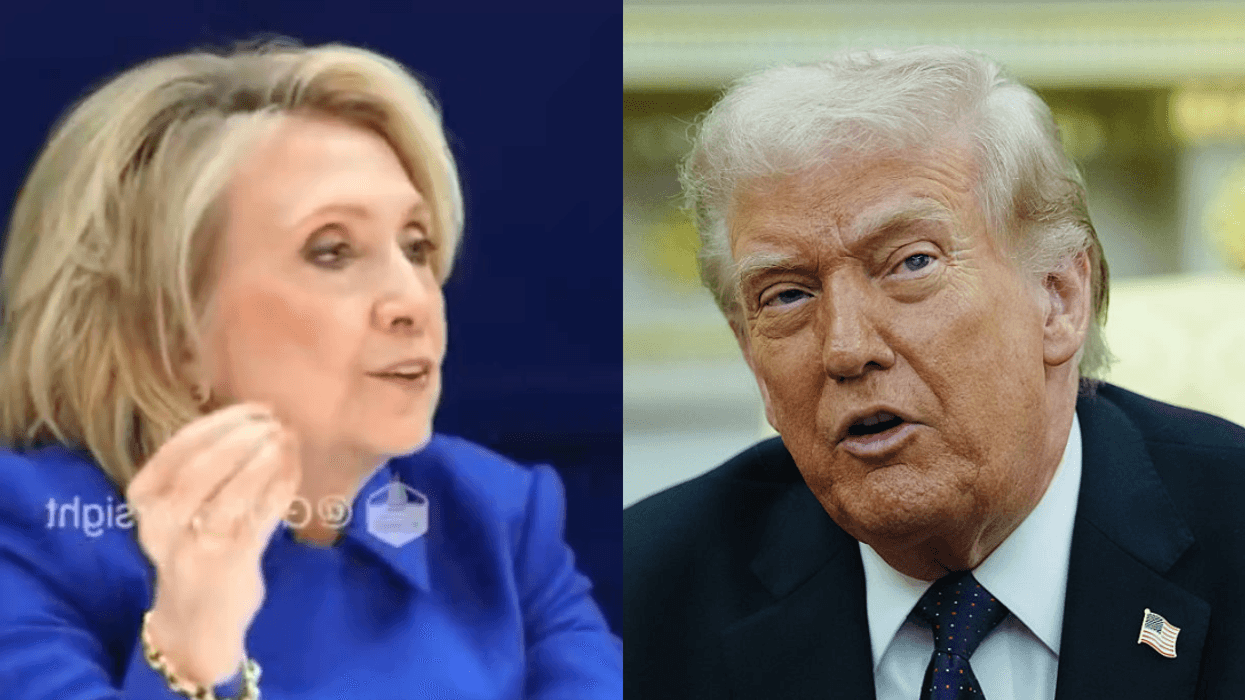

 @CNN/Instagram
@CNN/Instagram @CNN/Instagram
@CNN/Instagram @CNN/Instagram
@CNN/Instagram @CNN/Instagram
@CNN/Instagram @CNN/Instagram
@CNN/Instagram @CNN/Instagram
@CNN/Instagram @CNN/Instagram
@CNN/Instagram @CNN/Instagram
@CNN/Instagram @CNN/Instagram
@CNN/Instagram @CNN/Instagram
@CNN/Instagram @CNN/Instagram
@CNN/Instagram @CNN/Instagram
@CNN/Instagram @CNN/Instagram
@CNN/Instagram @CNN/Instagram
@CNN/Instagram @CNN/Instagram
@CNN/Instagram @CNN/Instagram
@CNN/Instagram @CNN/Instagram
@CNN/Instagram @CNN/Instagram
@CNN/Instagram @CNN/Instagram
@CNN/Instagram @CNN/Instagram
@CNN/Instagram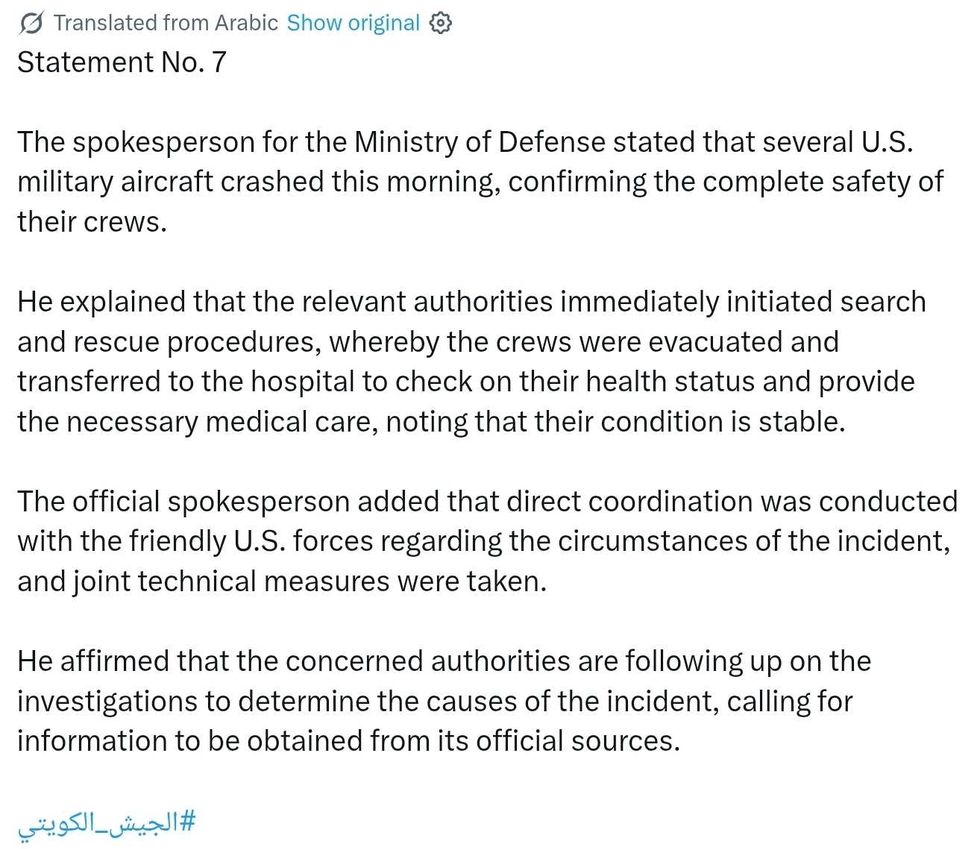
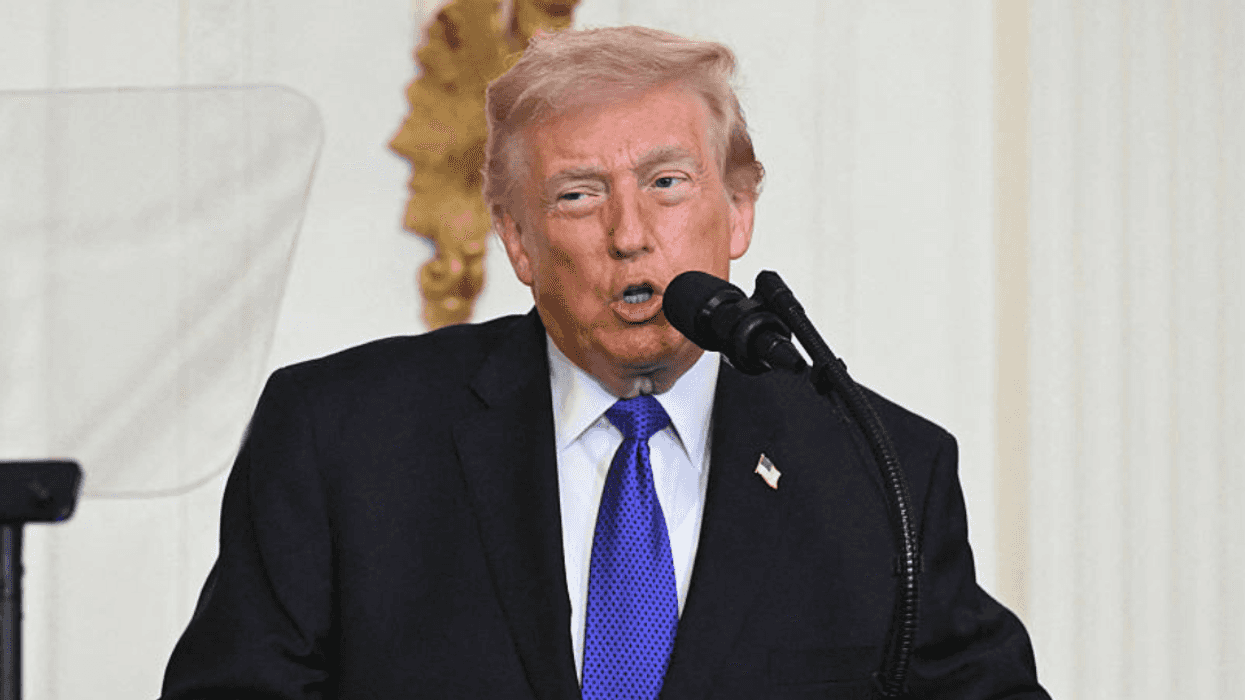
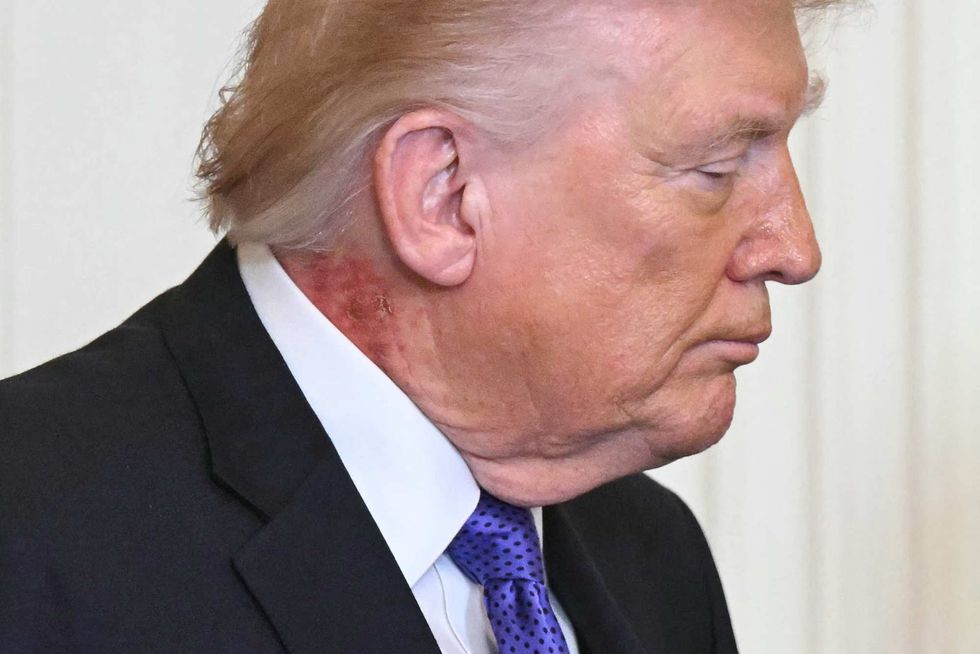 Saul Loeb/AFP via Getty Images
Saul Loeb/AFP via Getty Images